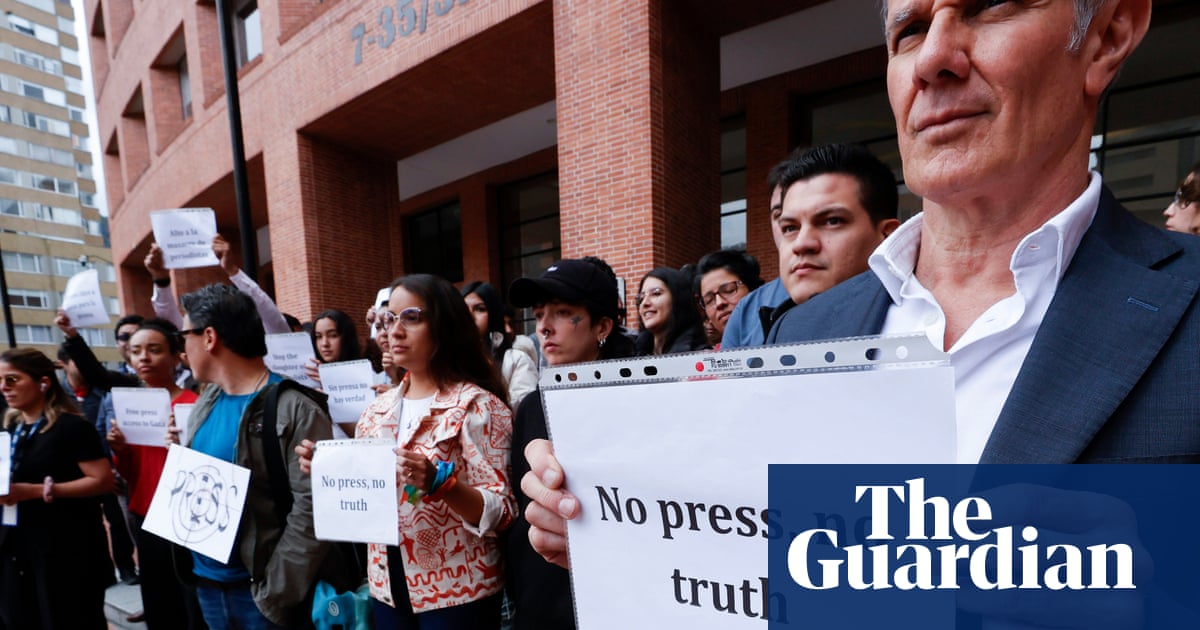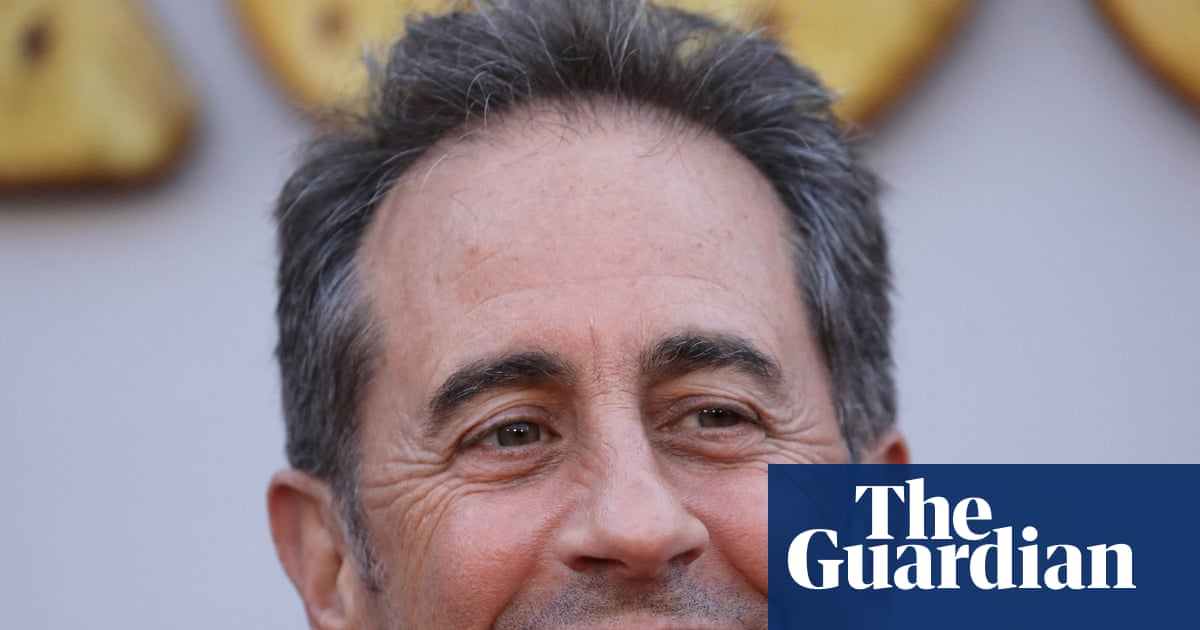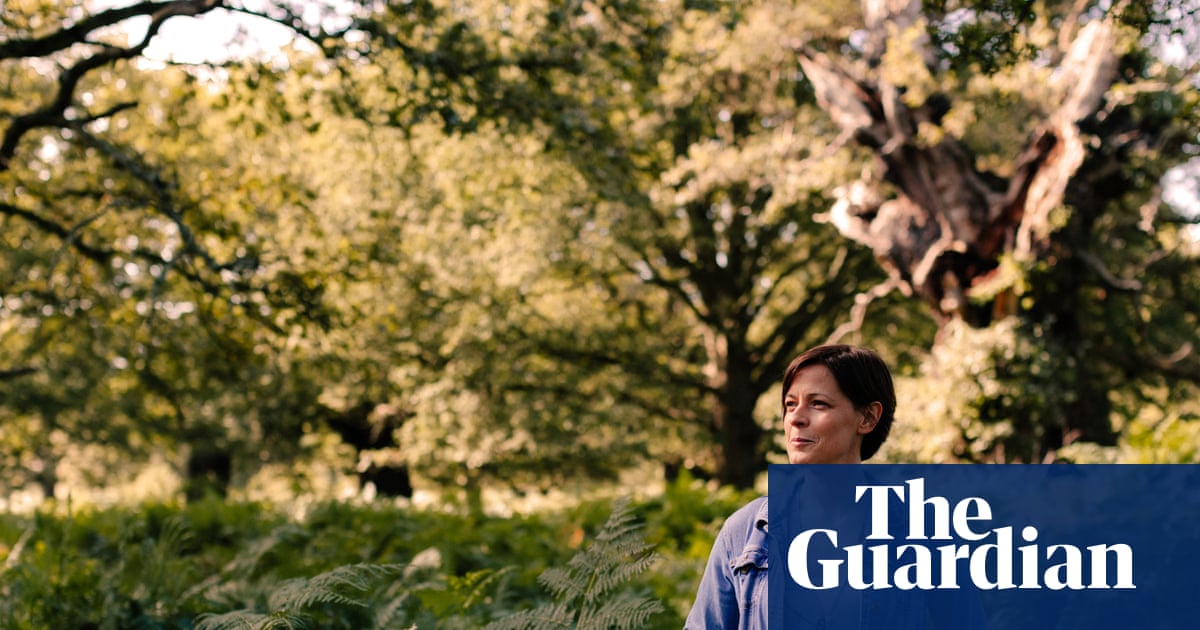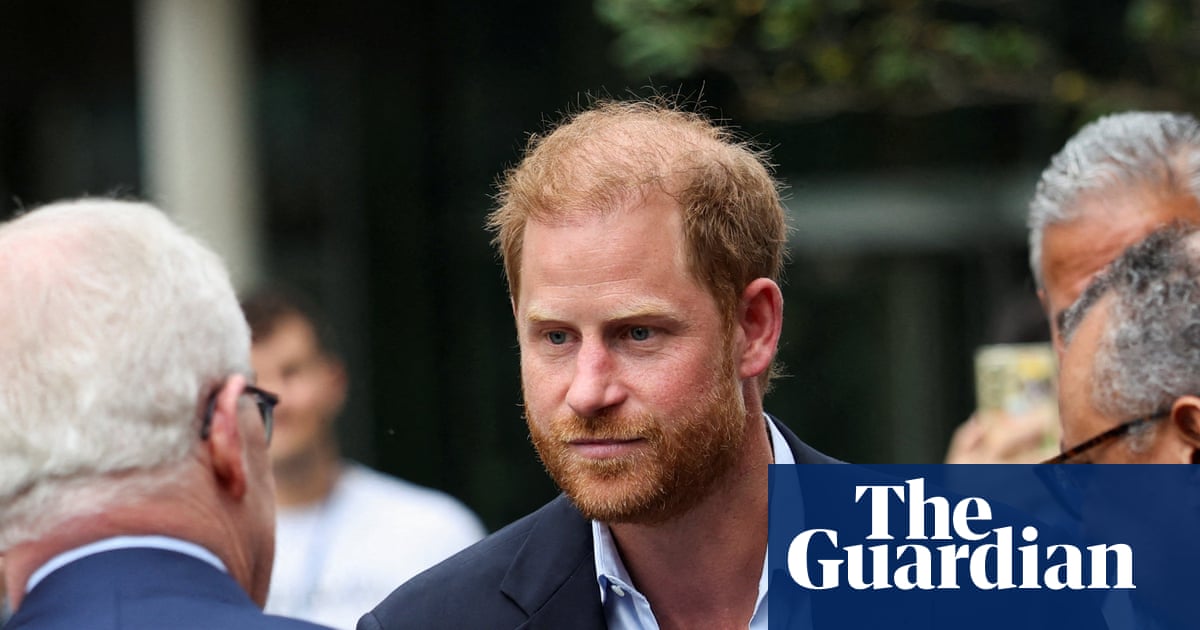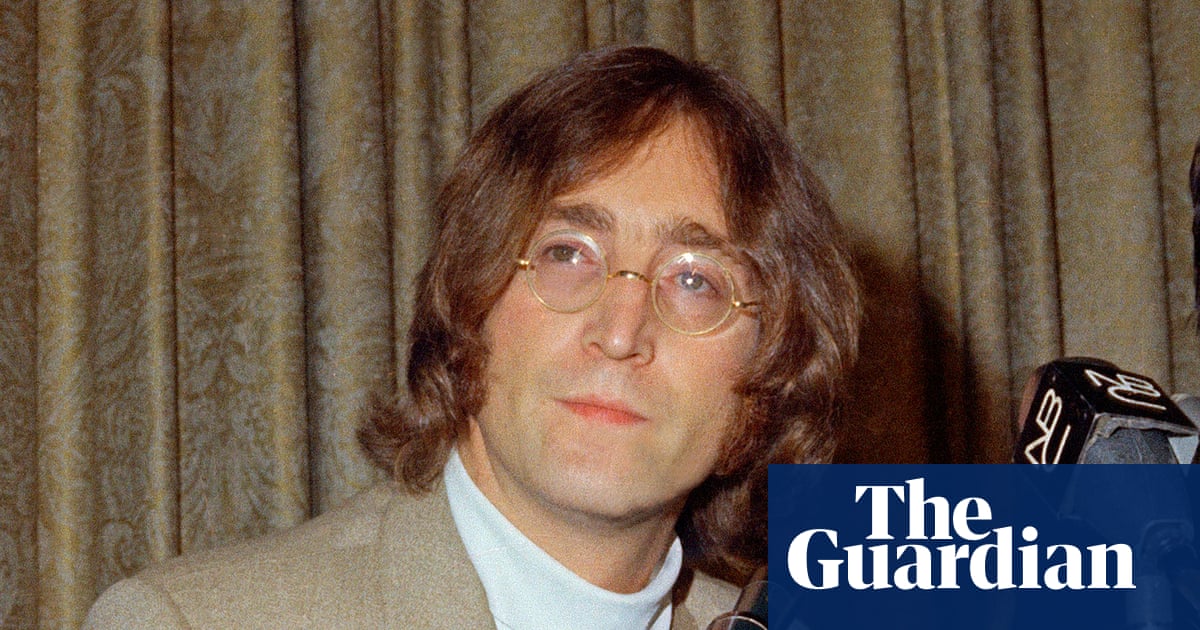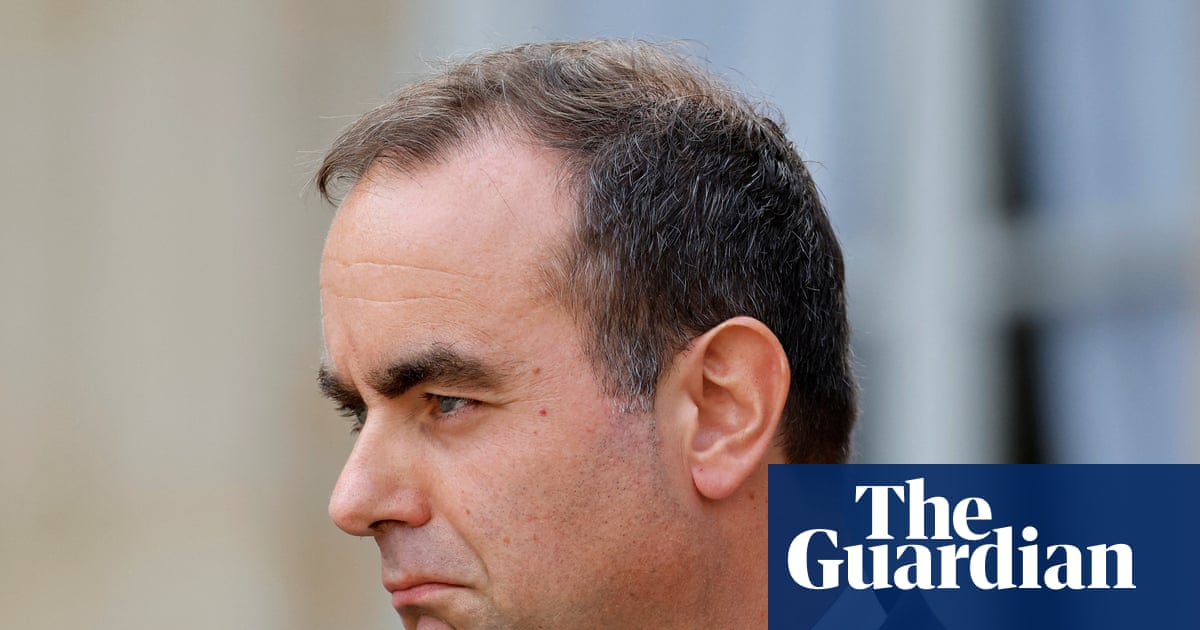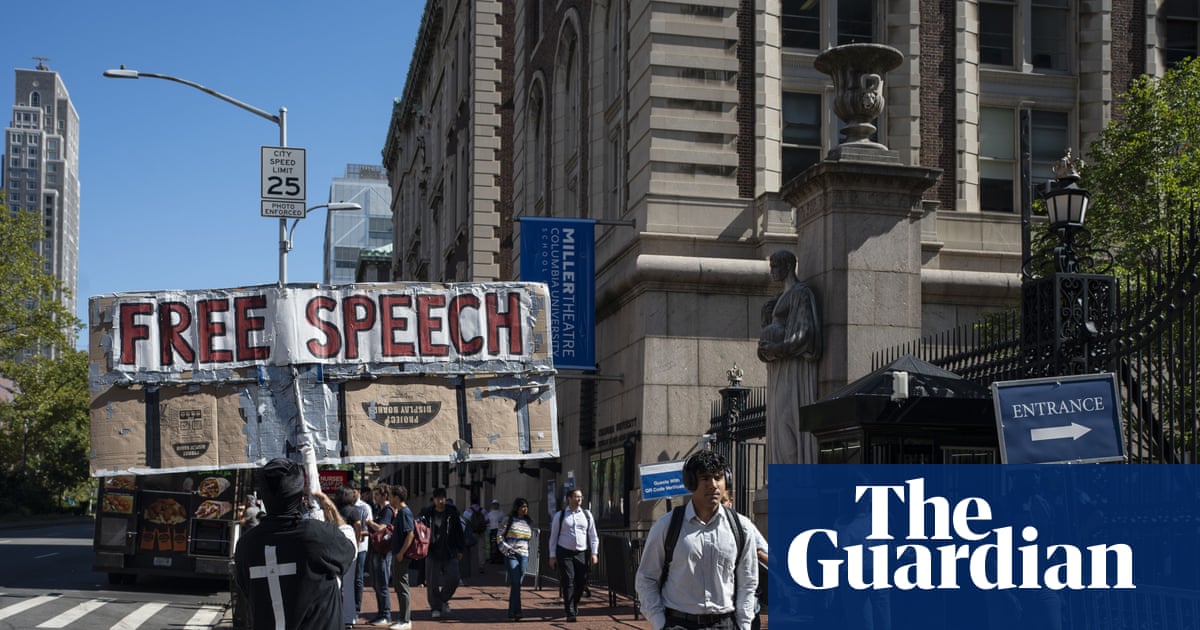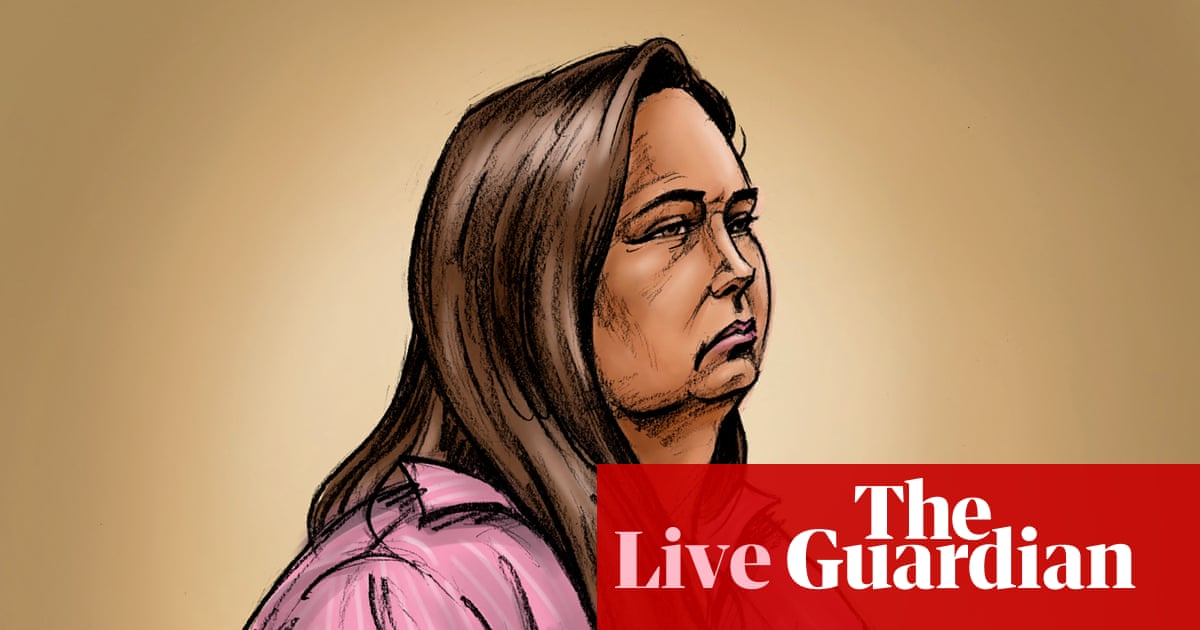If rebirth is what you want then Florence, home of the Renaissance, is a good place to start.
Gucci, which has just switched designers after a period of plunging sales – 24% down in the last quarter of 2024, and 25% down in the first of 2025 – showed its latest collection in a catwalk pageant that began in the 15th-century Palazzo Settimanni, where the actors Paul Mescal, Viola Davis and Jeff Goldblum, a Florentine resident, had front-row seats, and continued outside to where Gucci employees and local fashion fans, seated in bars and cafes, watched an alfresco lap of the show. If you hit the factory-reset button in Florence, and make it glamorous, can you call it a renaissance button?
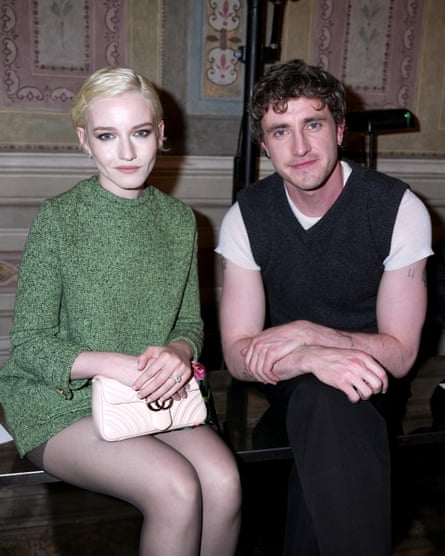
Gucci has its fingers crossed. In the most recent Lyst index, which tracks digital engagement to assess which names are leading the fashion conversation, Gucci fell five places to No 17, an ignominious decline for a proud Italian brand. After the abrupt departure of the designer Sabato de Sarno, let go just two weeks before Milan fashion week in February, the house awaits the arrival of its buzzy new hire Demna, who will leave his post at Balenciaga this summer and present his first Gucci collection later this year.
An outdoor event is a risky move, and a thunderstorm hours before had the top brass jittery. But when the sun came out for a perfect Tuscan golden hour, it felt like the luck of Gucci, unable to catch a break for the past two years, might have turned. The design team had produced an upbeat parade of Gucci’s greatest hits.
Jewel-coloured brocade mini-shift dresses, kaftans slashed to the navel and lush faux-fur chubbies leant into the charismatic jet set 1960s glamour that is foundational to Gucci – think Elizabeth Taylor filming Cleopatra in Rome, or Jackie Onassis on holiday in Capri – while jodhpur silhouettes nodded to the equestrian heritage of the home of the horsebit loafer.
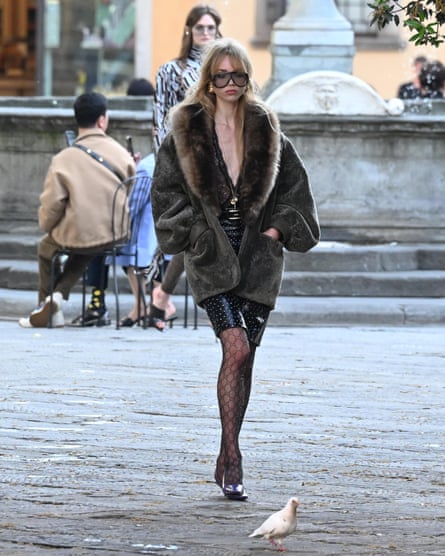
There were forward-facing hat tips to the tastes of the incoming boss, in exaggerated quarterback shoulders and oversized coats, looks that Demna has made his signature during his decade at Balenciaga. And in the meantime, there was an astute sprinkling of easy-sell accessories: belts with double and single G hardware, oversized sunglasses and eyecatching painted shell jewellery.
Florence, where Guccio Gucci founded his brand in 1921, was a tactical retreat to home turf, but Gucci will not be licking its wounds for long. Demna – an acclaimed but controversial Marmite appointment – is a punchy throw of the dice that aims at getting Gucci back on the front foot as a fashion leader. Owners Kering know that Gucci’s best eras have been its most audacious: the 1990s, when Tom Ford reinvented its old-timey affluence into a sexualised sophistication that made shoppers all over the world go weak at the knees, and a decade ago when Alessandro Michele’s exuberant and radical gender-fluid, vintage-curious, humour-led aesthetic made the brand meaningful for a new generation.
Demna, who uses only his first name professionally, likes to ruffle feathers. He once replaced a Paris catwalk show with a specially made episode of The Simpsons, and caused outrage selling pre-scuffed dirty trainers for £400 and a premium leather take on Ikea’s famous blue Frakta shopping tote for £1,600.
A child refugee who fled Georgia as a child, he was one of the first to use the fashion week spotlight to show support for Ukraine. In 2023, an advertising campaign featuring children holding teddy bears dressed in bondage gear caused a global backlash, an error of taste and judgment for which he apologised.
The Kering deputy CEO, Francesca Bellettini, has described a mood of optimism at Gucci. On Demna’s appointment she said “the work that he is going to do is building on what we have been doing … not throwing everything away and starting from scratch, absolutely not”. But she added that “after the nomination of Demna, I never received so many CVs of creative people and designers who want to join the team”.

 3 months ago
132
3 months ago
132
